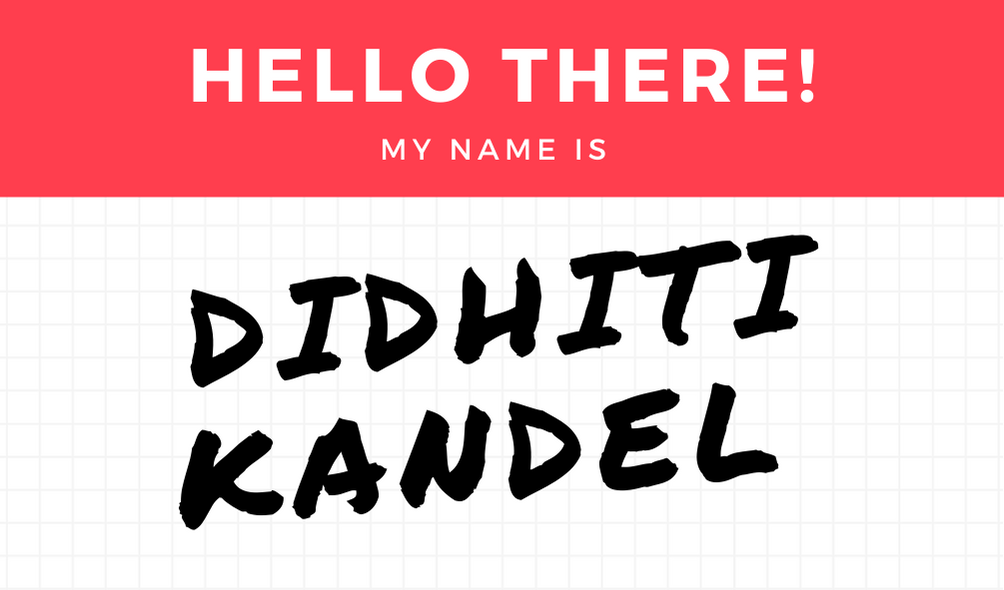
Growing up in a non-English speaking country, I was taught to speak English as if it were my mother tongue. My teachers were very adamant on me learning how to say words properly, which included pronouncing names of many important Western politicians, authors and colonizers.
With that teaching engraved in my mind, when I moved to Canada at the tender age of 12, I expected people here to do the same. However, I was rather baffled when my Grade 8 teacher decided it was easier to call me by a nickname rather than my real name.
Ilham Sakina, a fifth-year international economics student at Ryerson, believes that opting for a nickname is always code for whitewashing your name.
“If I can learn how to pronounce names like Quentin Tarantino, you can pronounce Ilham,” she said in an interview.
In a 2012 study, Rita Kohli, an associate professor at University of California, Riverside, said that when a person’s name is obliterated – for example, when someone is told “it’s too difficult for me to pronounce,” – that person’s identity suffers as a result. That’s especially true when it’s done by someone in a position of authority, such as a teacher.
I too often found myself adjusting with whatever name was given to me because I didn’t want to question the actions of my teachers whom I respected due to the authority their position brings. Additionally, as someone new to the school and country, I wanted to make a good impression.
However, little did I know, by silencing myself to fit in, I was silencing my identity and I felt more misplaced than ever.
Throughout my life and education, as a person who has a very distinct name, I have experienced many instances where I have felt the need to change my name or just coercively adapt into an anglicized nickname given to me by professors and colleagues because my name was “too hard.”
Recently, a white professor emailed me with a completely different name that was not even mine, which made me feel invalidated and unseen — especially since my name was already in the email.
Regardless of whether it was purposely ignored or was merely a mistake, to me it showed ignorance and incompetence from the professor. I felt as if my identity was my own burden. I could only wonder that if my name had been Katherine, maybe the professor would actually see me. The act of simply getting someone’s name right forced me to question if I truly had a place in this Western world.
Even done unconsciously, these simple acts only result in microaggressions and impede on people’s perceptions of themselves, as Kholi’s study suggests.
These acts of microaggressions go beyond the educational setting. I often go with an easier name when I am on dates or at a café because the pain, fear and anxiety of someone not saying my name or worse, not attempting at all, torments me.
Sakina feels the same.
“I just find it interesting when I’m in a Starbucks queue and I notice everyone’s name being read except the ones that may be a little harder to pronounce,” Sakina said. “Sometimes the baristas don’t even attempt to do it, they just leave the drink there.”
People frequently respond in similar ways when they hear my name. The puzzled look on people’s faces is a predictable feeling. I can’t blame them, a name like mine does raise an eyebrow in my own home country as well. What is disheartening is when people don’t attempt to learn, or ask.
Our names are one of the many facets of who we are. They are markers of recognition and respect and it is one of the cornerstones of our culture and heritage. As I transition from my final days as a student and start my career, I can only imagine the continued ramifications of this issue and wonder if I will be offered a seat at the table, merely because I have a distinct name.
Didhiti Kandel is the Video Producer at On the Record for the Winter 2022 semester.

